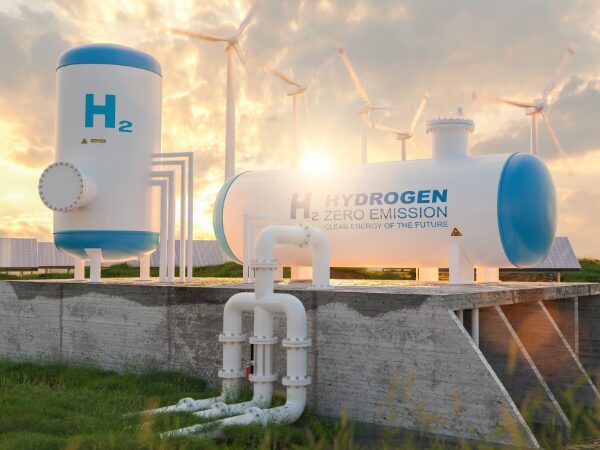New Clean Hydrogen Tax Credit on the Horizon
A new tax credit, the clean hydrogen tax credit, may be on the horizon for businesses that invest...

Artificial Intelligence (i.e., AI) can be presented as the capacity or the ability of a machine or any controlled computer to perform smart tasks that can be correlated to a high level of intelligence without being assisted by humans. This computer science field has an ultimate goal of developing smart machines that can ensure several intelligent tasks without any human assistance.
The probabilistic and Bayesian methods revolutionized the Machine Learning field in the earlier of 1990’s facilitating the use of many famous AI technologies. Before, the AI was focused on only specific domains and jobs as self-driving automobiles, voice and face recognition, while now, AI is poised to revolutionize our future in profound ways.
As it continues to advance, AI will permeate nearly every aspect of our lives, from healthcare and transportation to education and entertainment. Its ability to process vast amounts of data and make decisions based on patterns and insights will enhance efficiency and productivity across industries.

This transformation also brings ethical and societal challenges, such as job displacement and concerns about privacy and bias in AI algorithms. The future will require a careful balance between harnessing AI’s potential for innovation and addressing these pressing issues to ensure a more equitable and prosperous society. Ultimately, AI has the potential to reshape our world, making it smarter, more connected, and better equipped to address the complex challenges of the 21st century.
However, as AI becomes integral to IT, companies will need to address ethical concerns, data privacy, and potential biases in AI algorithms. Balancing the advantages of AI with responsible implementation will be a critical challenge for IT companies in the future. Overall, AI will revolutionize how IT companies operate, innovate, and provide services, making them more efficient and responsive to the evolving needs of the industry and its clients.
Explore our latest insights
More arrow_forward
A new tax credit, the clean hydrogen tax credit, may be on the horizon for businesses that invest...

The Clean label has transitioned from trend to a lifestyle placing pressure on the food and bever...

The Industry 4.0 represents a blend of two industries: information technology and manufacturing. ...

Provincial governments are slowly unveiling their provincial budgets outlining fiscal strategies ...